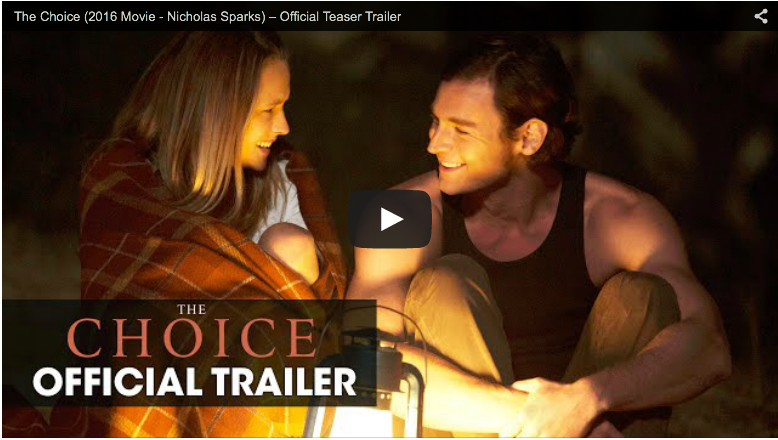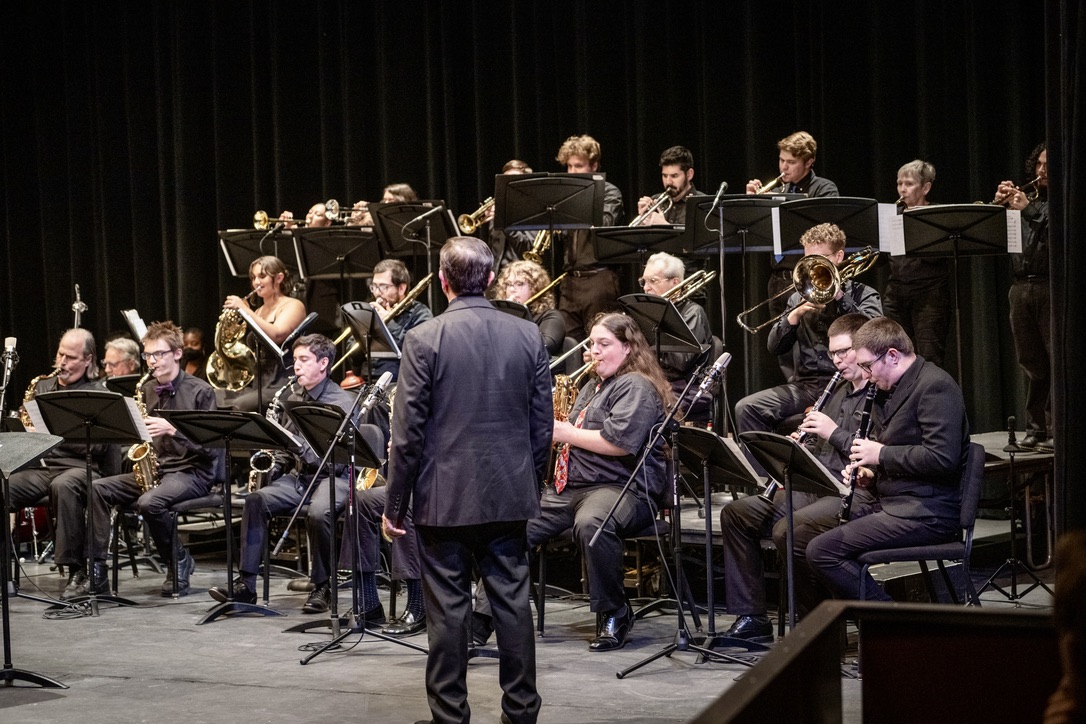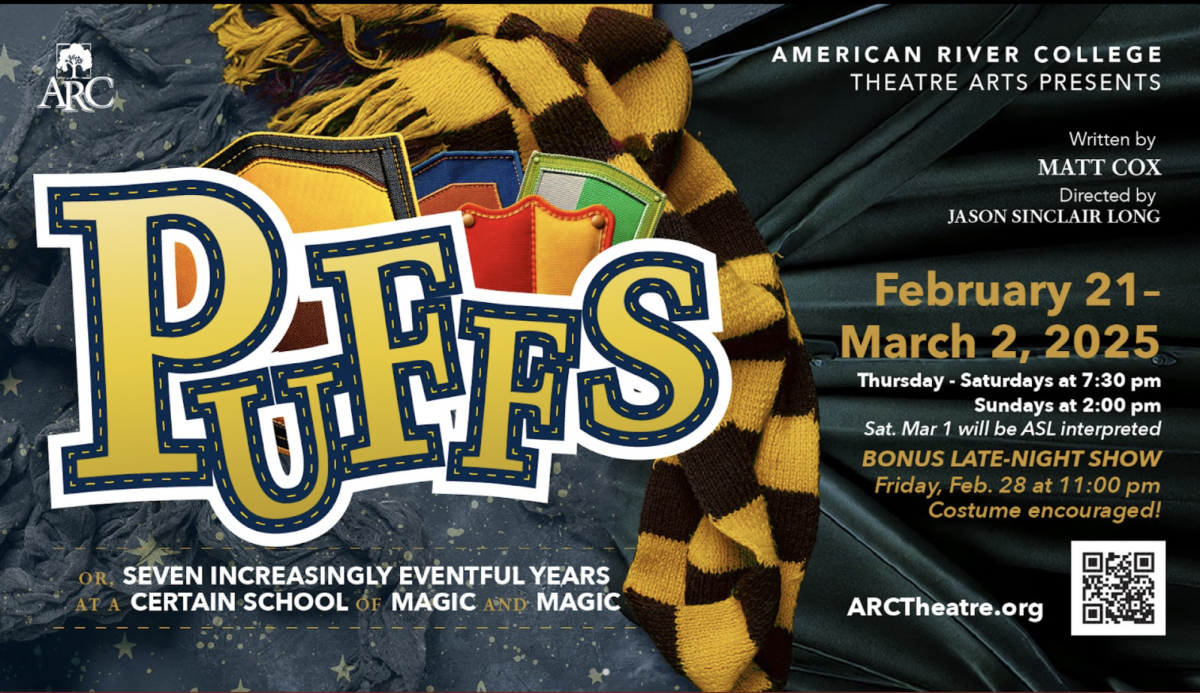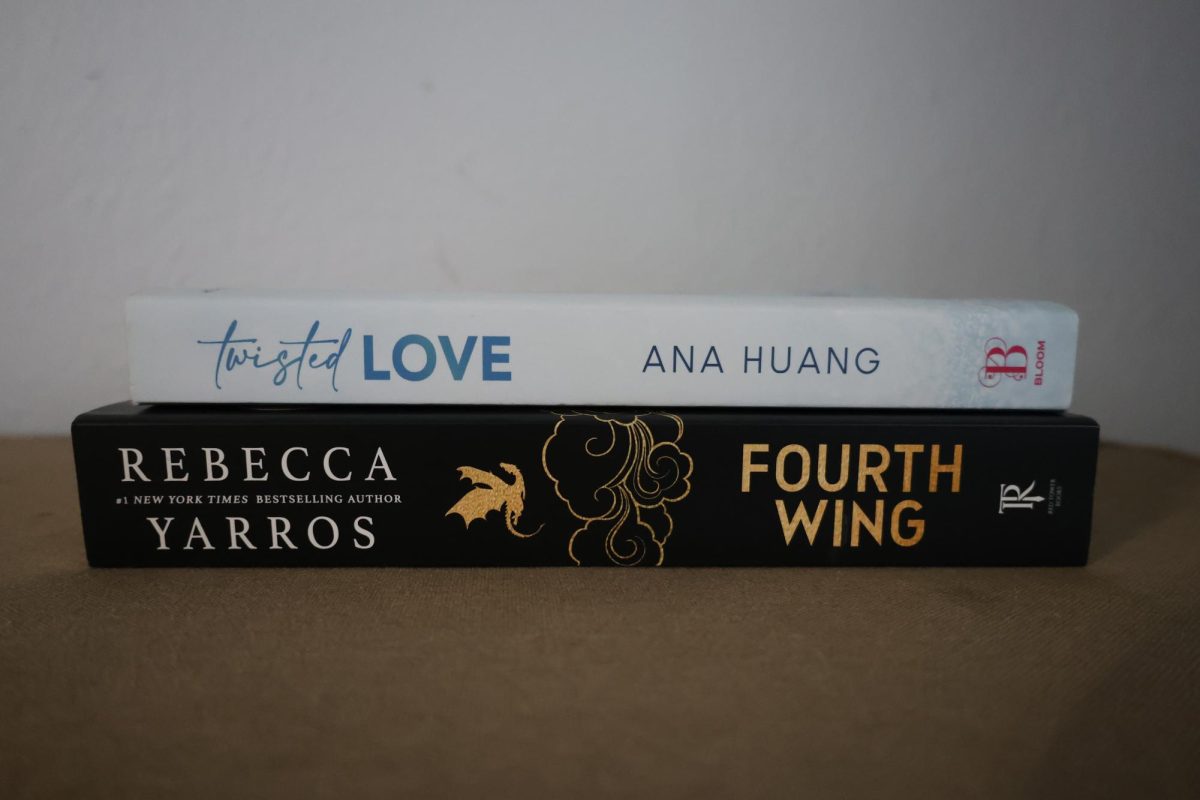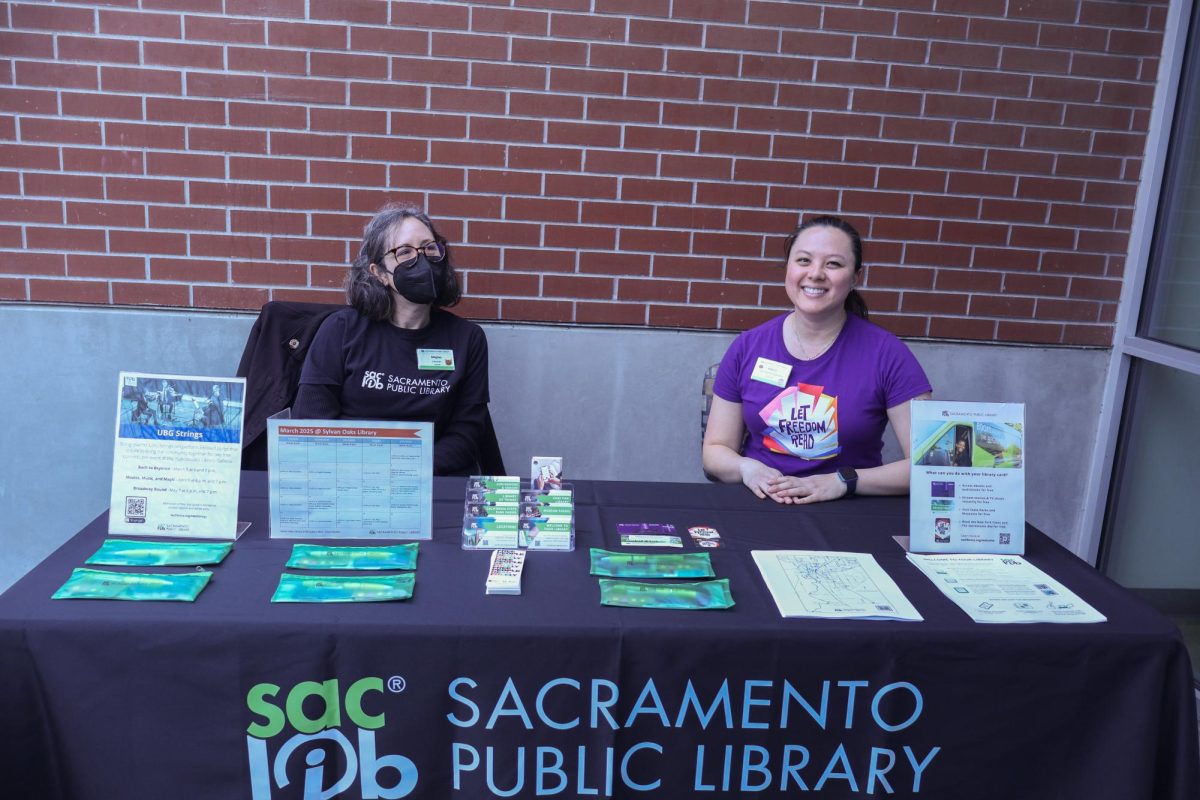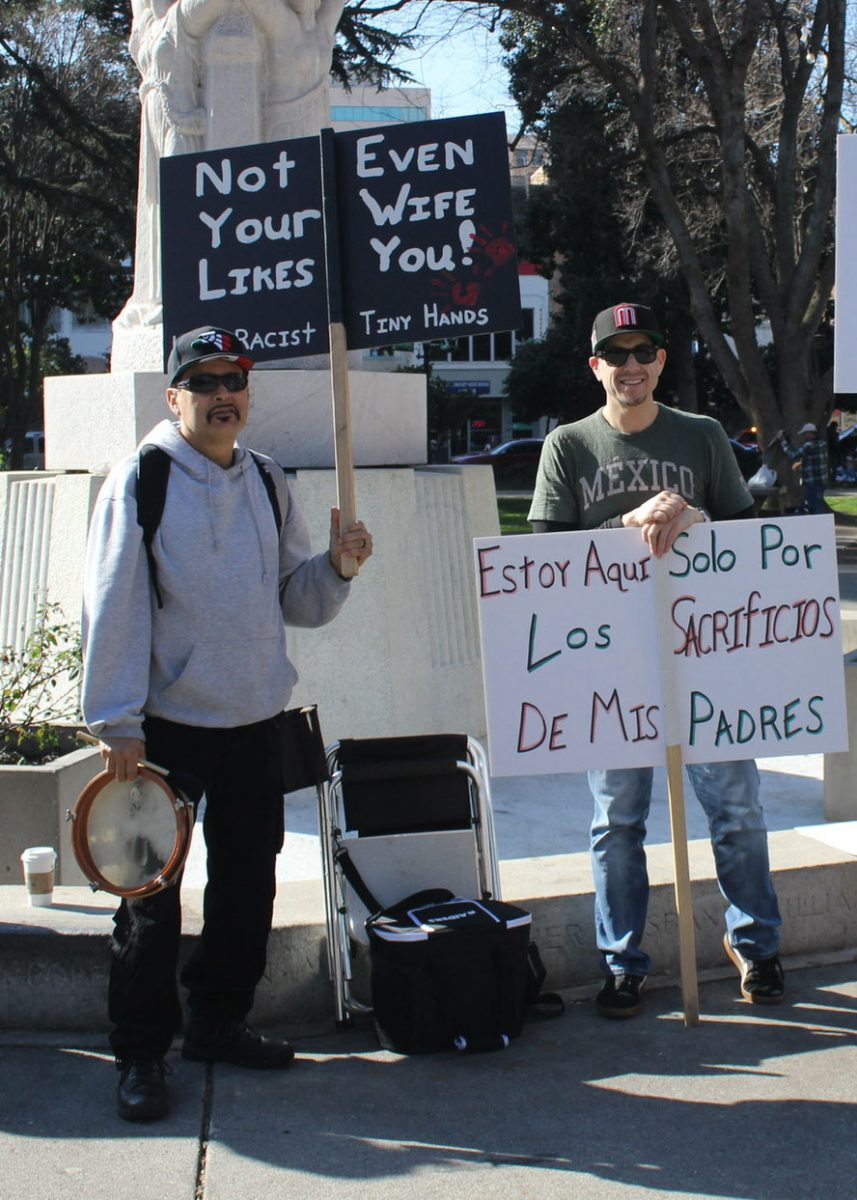Whether brilliantly ironic or willfully ignorant of its numerous faults, “The Choice” manages to be a predictable, cliché romance story throughout the course of which no significant choices are actually made.
As the newest film adaptation of Nicholas Sparks’ novels, “The Choice” brings together southern country boy Travis Shaw (Benjamin Walker) and studious rich girl Gabby Holland (Teresa Palmer) in a forgettable tale of true love.
The film opens up with a narration for its viewers on the concept of choices (without ever actually using the phrase “butterfly effect,” which would be a succinct description of its theme but would unfortunately have required a level of depth that was absent) before skipping forward to a vague hospital scene in an attempt to lend weighted foreboding to the proceeding droll hour and 51 minute runtime.
When Holland moves into Shaw’s riverside community, the two immediately come to odds in an obnoxious argument over the volume of Shaw’s music.
From that point onward—rather than pursuing any sort of character development—the film presents a series of (at best) contrived obstacles as the two magically gravitate toward each other under the guise of true love.
It truly is difficult to say which aspects of the film in particular are worth leaving the theater to request a refund for: perhaps it could be the extensive cast of supporting characters who all immediately believe and fully support Holland and Shaw’s love on first sight, from Shaw’s various friends who have ridden along with his stereotypical “player” behavior his whole life to Holland’s parents and even the two lovers’ dogs.
Alternatively, one could find themselves baffled at how Holland is presented in a positive light at any point, the woman who is introduced as a self-absorbed medical student and regresses in likability as time goes on.
While various elements are casually introduced to Shaw’s character in a continual attempt to justify all of his behaviors — such as his occupation as a hardworking veterinarian or being damaged by his mother’s sudden death in the past — it feels more like film is simply tagging on one trope after the other in order to create a perfect, flawless lead.
Holland, on the other hand, spends the course of her time on-screen doing one of two things: investigating Shaw’s life or upheaving her own for the sake of her inexplicable attraction to him.
Miraculous occurrences litter the story, such as Shaw’s bike breaking down in the right time and place for the two to enter into the church his father oversees for more exposition on Shaw’s background, or Shaw going to a restaurant the night that Holland and her then-lover go to dinner at, so that the two can have an argument outside over whether or not they truly love each other.
An obligatory hospital scenario is present that begs the question of whether or not “The Choice” is an experiment in which Nicholas Sparks threw together a number of common elements in romance stories without any actual effort to see whether or not it would sell.
The film all throughout pretends that it is anything other than predictable via regular monologues on choices and fails at doing so, despite the various actors’ performances attempting to bring some flavor to the film.
Witty humor with consistently good delivery is sprinkled throughout – unfortunately, it isn’t nearly enough to make this a film worth paying to see.


